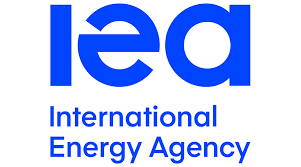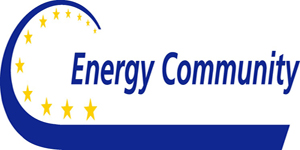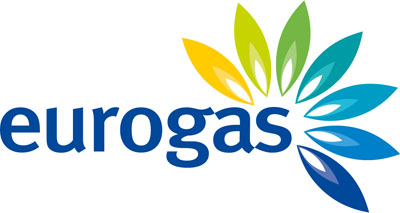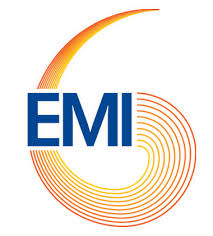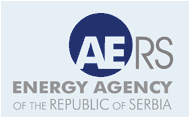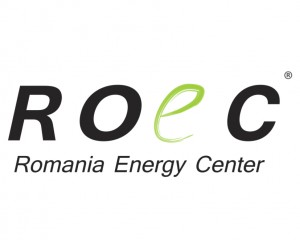Turkey's Turcas Petrol plans to construct a petrochemical industrial park in Turkey similar to those in Singapore and China, Turcas Petrol CEO told Anadolu Agency on Thursday.
The project could help decrease Turkey's current account deficit, which was around $47 billion in 2017. At present, the company is reviewing options to realize the project and wants to start feasibility studies, Batu Aksoy said.
"One of the biggest reasons behind such a current account deficit is because of petrochemical imports. Nearly $21 billion out of the total current account deficit comes from petrochemical and chemical products imports," he explained.
Turkey can take advantage of neighboring countries that have rich oil and natural gas reserves, such as Russia, Iran, Azerbaijan and East Mediterranean countries, Aksoy said.
"Like Singapore, we can start this project in Turkey's southeast, in the Ceyhan industrial zone or anywhere else. And we believe such a project would bring positive effects on southeastern Turkey in terms of helping the employment of young people with their involvement in the process," he asserted.
Singapore’s largest engineering firm, Surbana Jurong, established the Jurong Island Petrochemical Hub in southwest Singapore in 2009, which currently is a top world-class oil refinery hub and home to more than 100 companies with investments well over $47 billion.
Companies in the hub have benefited from lower operating costs through creating synergistic relationships, by sharing facilities, integrating utilities, and availing of tax incentives, while benefiting from the proximity to important regional markets.
"Thanks to its petrochemical industrial parks, the country's trade volume reached $80 billion in just 10 years," Aksoy noted.
According to Aksoy, Surbana Jurong has realized similar models in China, and as of today, there are around 700-800 industrial parks in China that operate in petrochemicals and also in various other sectors.
- Natural gas as new source
Aksoy asserted that the next 100 years will see the era of natural gas as this source is set to be a driving force for the petrochemicals industry through industrial parks.
"Throughout the world, there is a trend for producing petrochemicals from natural gas as opposed to oil products, and new technologies have emerged for the conversion of natural gas to petrochemical products. But what is most important is that nearly 90 percent of the material used in the petrochemical plants is imported. We believe that any investor can find a way to be involved in this market and create the right conditions for its business," he declared.
He cited the example of Iran as a country that has surplus supplies of methanol that Turkey could use in petrochemical facilities.
"Financial sources in Iran are not yet sufficient after the sanctions against it were lifted, but if financial opportunities broaden, then Turcas could become direct investors in the country's energy sector, especially in renewables," he said.
"In petrochemicals, the market is Turkey. And Iran is on our radar because it is an oil and natural gas-rich country with investment opportunities, he said.
Despite difficulties, Iran was able to transform its cheap natural gas to a high-value product, thanks to its petrochemical production, Aksoy explained.
He proposed that if there is an investment opening in Iran, the company could take Iran's $300 methanol to turn it into $1,300 polyethylene.
(Anadolu Agency)


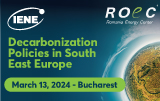

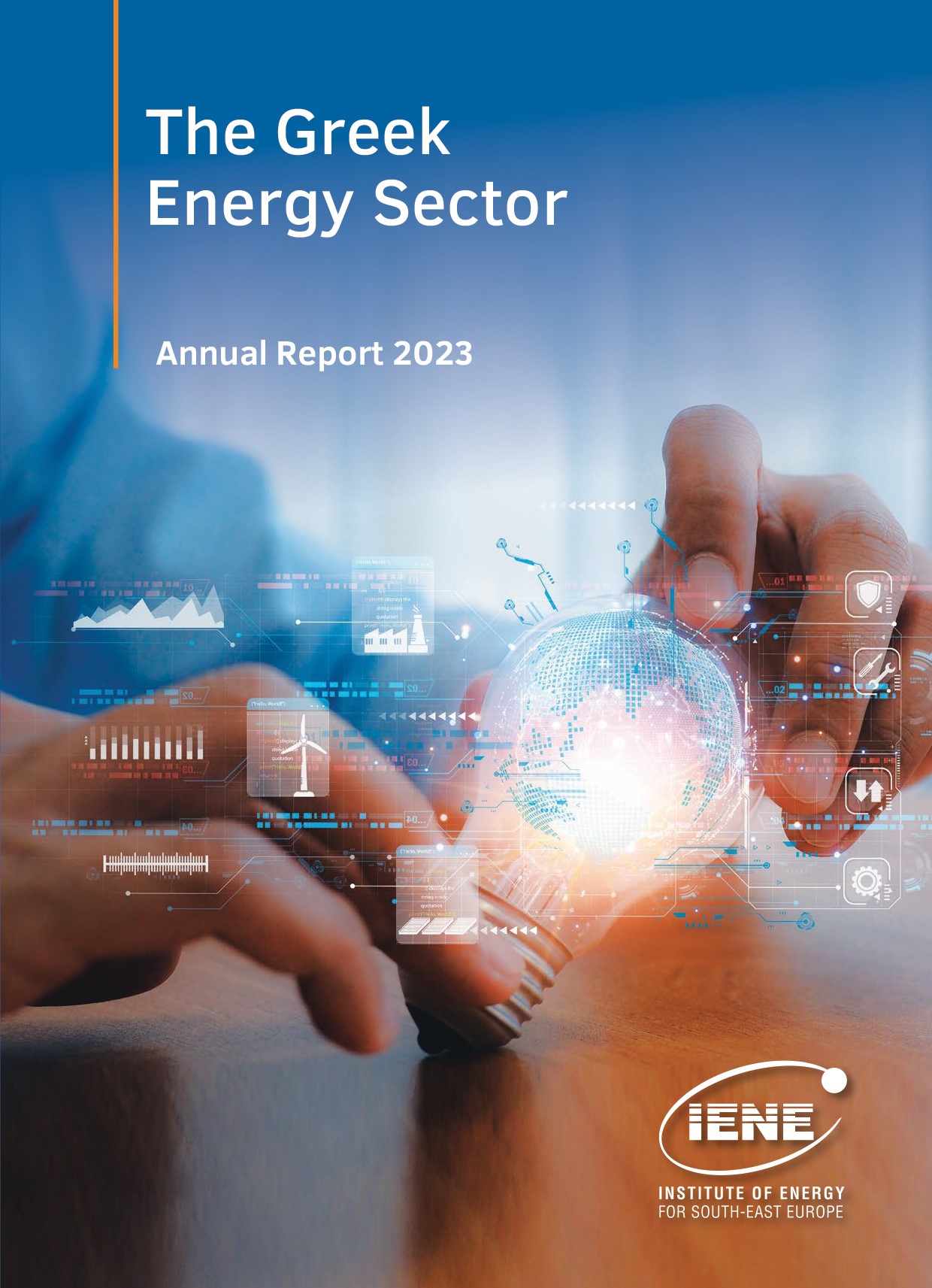
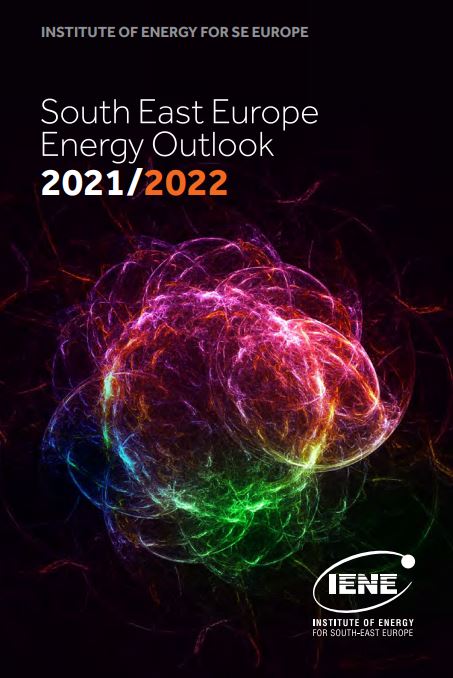
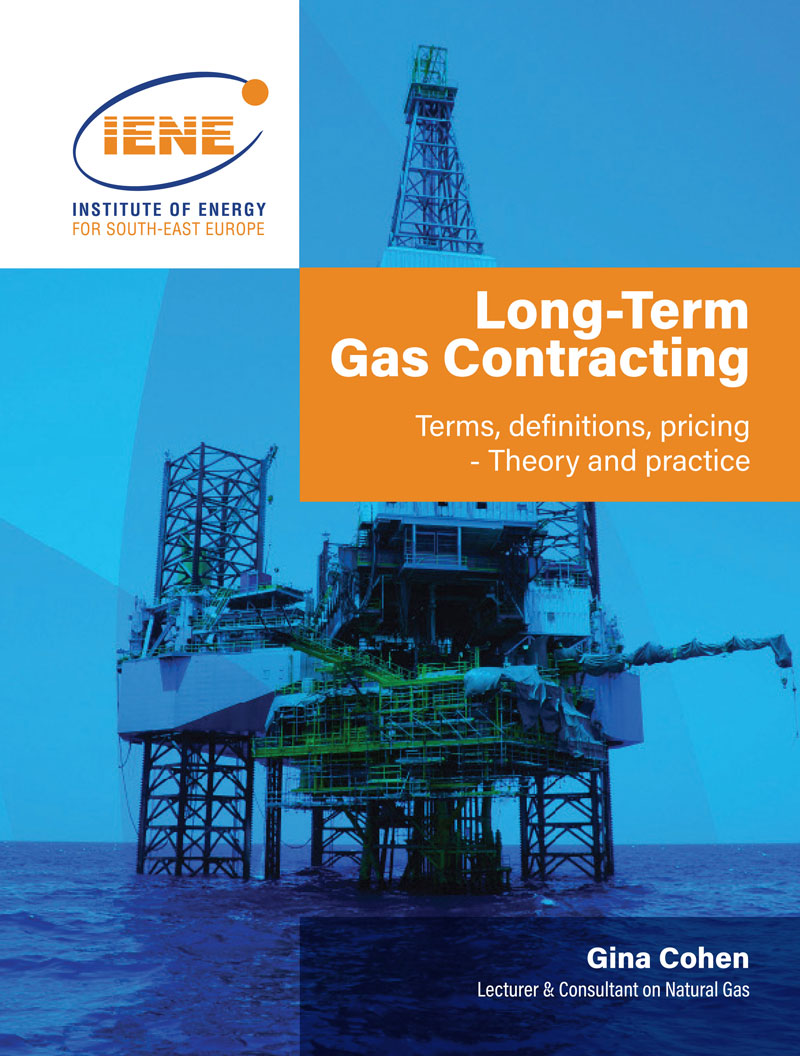 More
More
